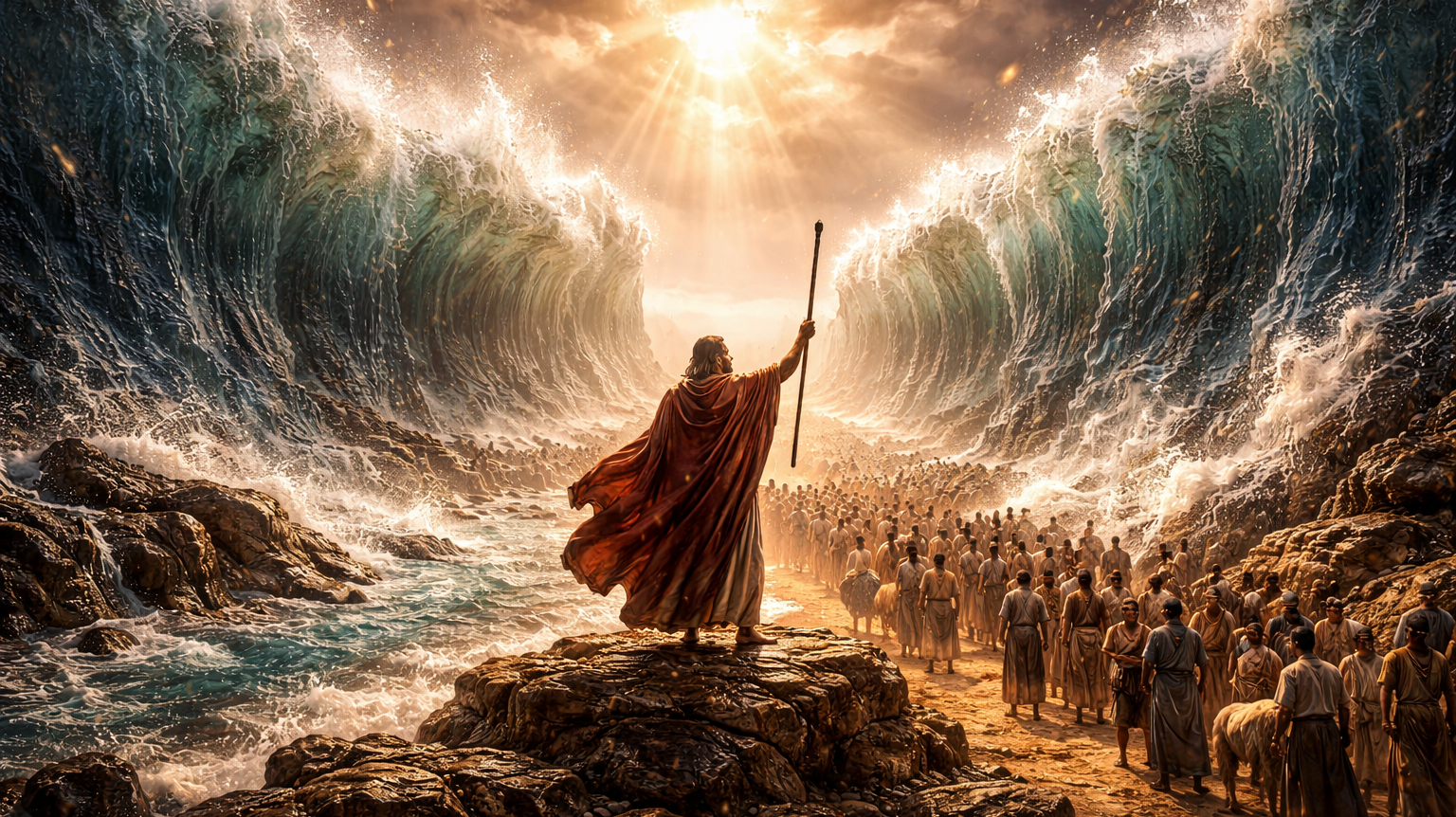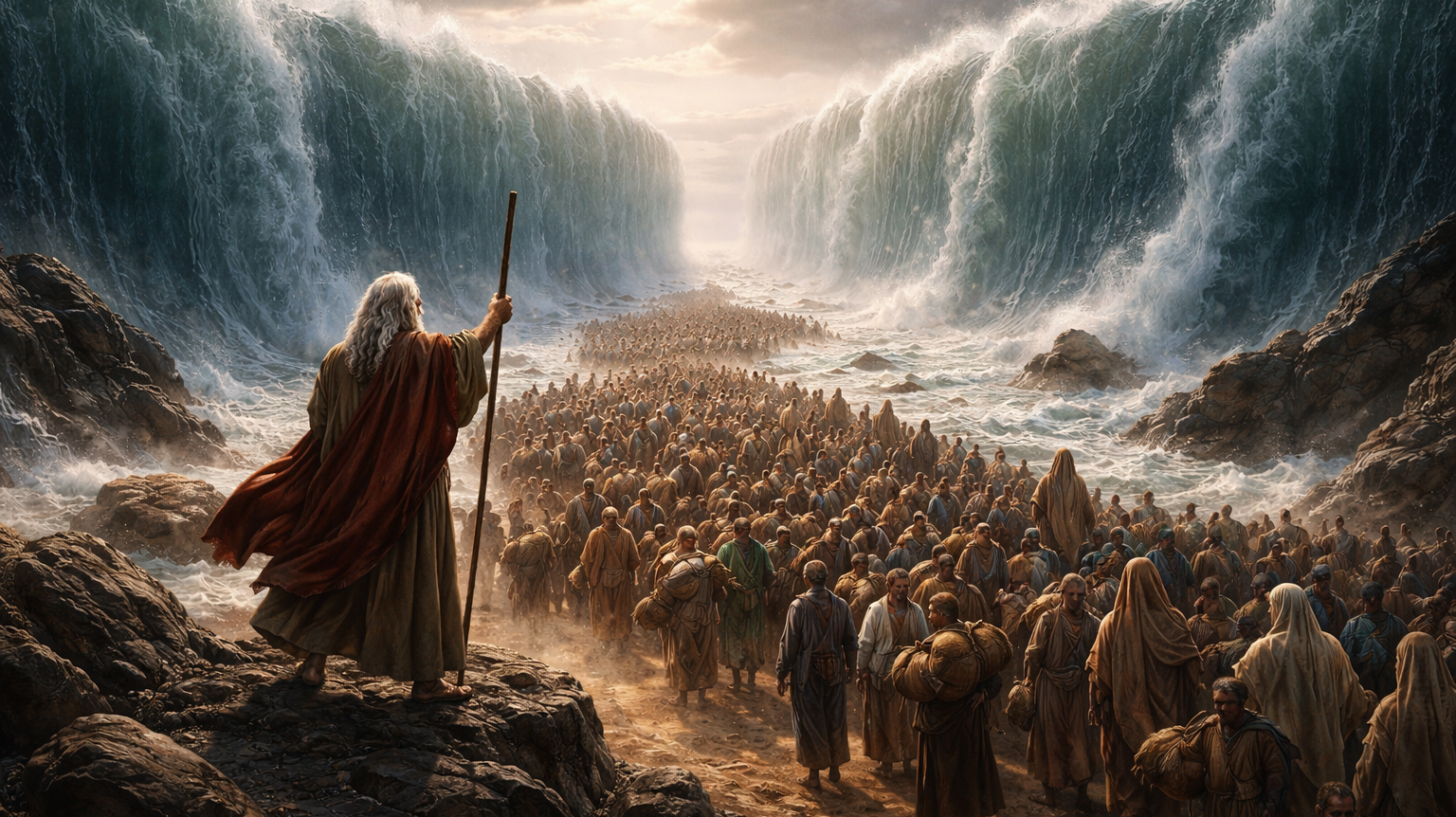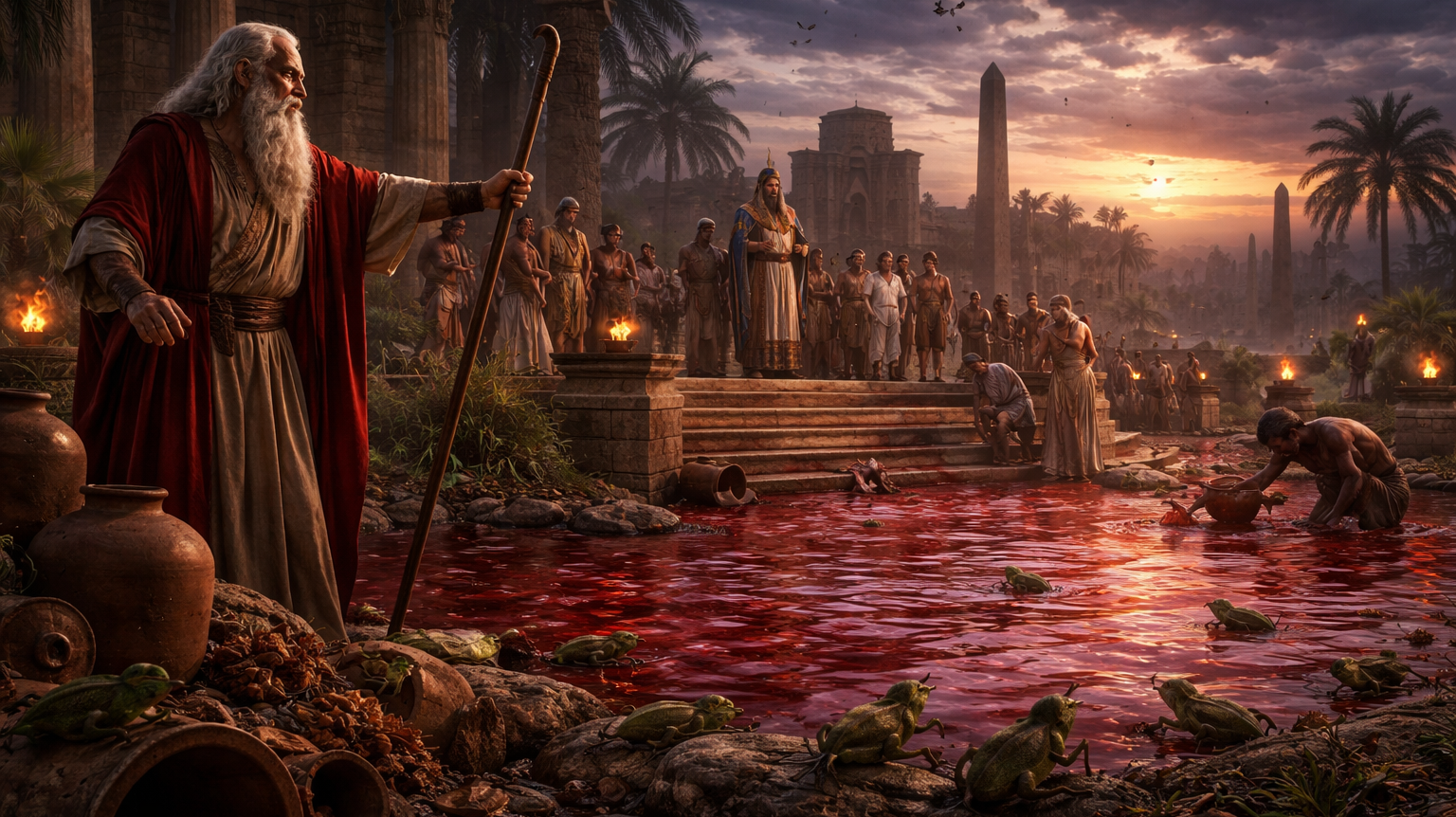Melchizedek is one of the most mysterious figures in the Bible. He appears briefly in the Old Testament, yet his influence stretches into the New Testament and continues to shape how we understand Jesus’ role as our High Priest. His story is short, but it carries deep meaning for faith and worship.
Who Was Melchizedek?
The first time we read about Melchizedek is in Genesis 14:18-20. After Abraham’s victory in battle, Melchizedek—described as the king of Salem and priest of God Most High—comes to bless him.
“And Melchizedek king of Salem brought out bread and wine. (He was priest of God Most High.) And he blessed him and said, ‘Blessed be Abram by God Most High, Possessor of heaven and earth; and blessed be God Most High, who has delivered your enemies into your hand!’ And Abram gave him a tenth of everything.” (Genesis 14:18-20)
From this short passage, we learn three important things:
- He was both a king and a priest.
- He served “God Most High,” the same God Abraham followed.
- Abraham gave him a tithe, showing respect for his spiritual authority.
The Meaning of His Name
The name Melchizedek means “King of Righteousness.” He was also the king of Salem, which means “peace.” Together, his title shows he was both a symbol of righteousness and peace.
This connects to how Jesus is described in the New Testament as the Prince of Peace.
“For to us a child is born, to us a son is given; and the government shall be upon his shoulder, and his name shall be called Wonderful Counselor, Mighty God, Everlasting Father, Prince of Peace.” (Isaiah 9:6)
And the one who brings righteousness.
“For our sake he made him to be sin who knew no sin, so that in him we might become the righteousness of God.” (2 Corinthians 5:21)
Melchizedek in Psalms
Centuries later, King David wrote about Melchizedek in Psalm 110:4:
“The Lord has sworn and will not change his mind, ‘You are a priest forever after the order of Melchizedek.’” (Psalm 110:4)
This prophecy points forward to someone greater than David who would serve as an eternal priest. Christians believe this was fulfilled in Jesus Christ.
Melchizedek and Jesus
The New Testament book of Hebrews explains how Melchizedek foreshadows Jesus.
- Like Melchizedek, Jesus is both King and Priest.
- Jesus’ priesthood is not based on family lineage (like the Levites), but on God’s eternal promise.
- Jesus brings a better covenant because His priesthood never ends.
“You are a priest forever, after the order of Melchizedek.” (Hebrews 7:17)
The writer of Hebrews even says Melchizedek’s sudden appearance in Genesis—with no record of birth or death—makes him a fitting picture of Christ’s eternal priesthood.
“He is without father or mother or genealogy, having neither beginning of days nor end of life, but resembling the Son of God he continues a priest forever.” (Hebrews 7:3)
Why Melchizedek Matters Today
Melchizedek reminds us that God’s plan of salvation was always pointing toward Jesus. Before Israel even had priests, God showed Abraham that there would be a priesthood greater than the law.
Here are three key takeaways for us:
- God provides true righteousness – Just as Melchizedek’s name meant “righteousness,” we are made right with God through Christ.
- Peace comes through God’s King – Salem means peace, and Jesus brings lasting peace with God.
“Therefore, since we have been justified by faith, we have peace with God through our Lord Jesus Christ.” (Romans 5:1)
- Jesus is our eternal priest – Unlike human priests, He intercedes for us forever.
“Consequently, he is able to save to the uttermost those who draw near to God through him, since he always lives to make intercession for them.” (Hebrews 7:25)
Quick Comparison: Melchizedek and Jesus
| Role | Melchizedek | Jesus |
|---|---|---|
| King | King of Salem (peace) | King of Kings |
| Priest | Priest of God Most High | Eternal High Priest |
| Name Meaning | King of Righteousness | The Righteous One |
| Offering | Bread and wine | His body and blood |
| Duration | Temporary, earthly | Eternal, heavenly |
Final Reflection
Though Melchizedek only appears in a few verses, his role points us directly to Jesus. Abraham honored him as God’s priest, David wrote about him in prophecy, and Hebrews explains his connection to Christ. Melchizedek shows that from the beginning, God had planned a priesthood greater than the law, fulfilled perfectly in Jesus.
























